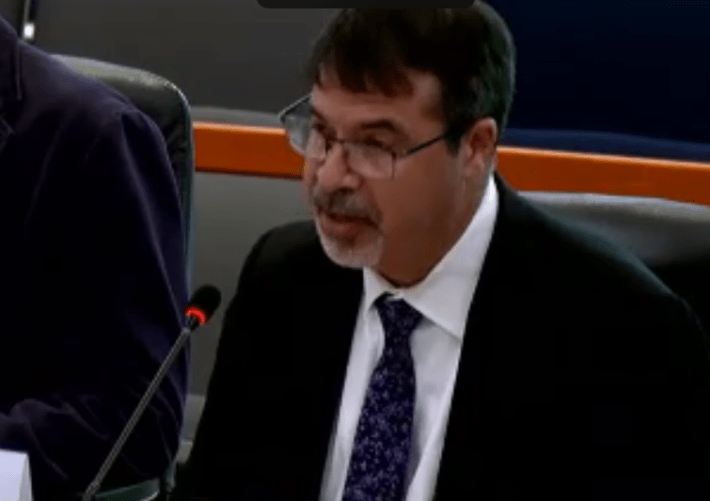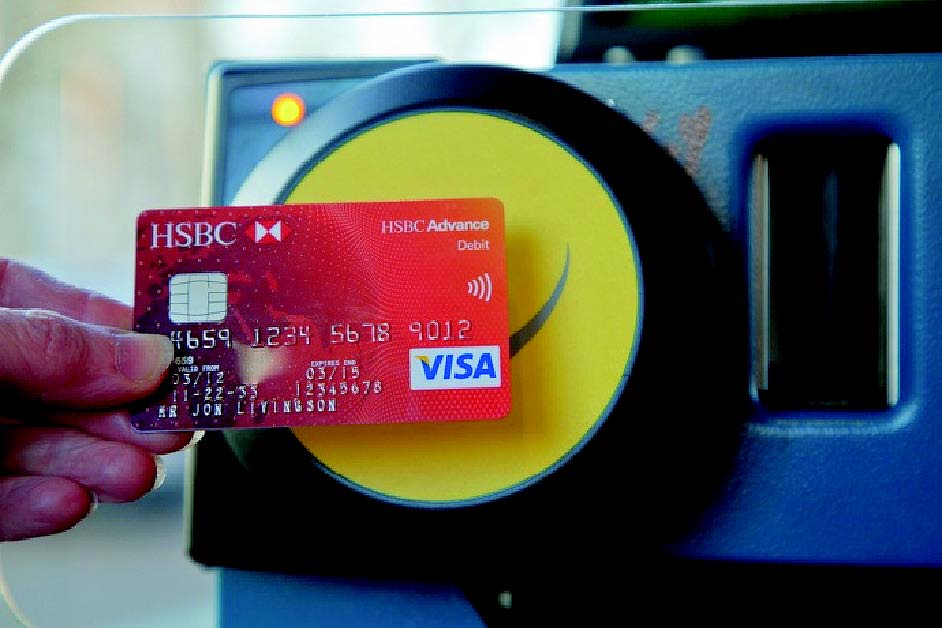Note: GJEL Accident Attorneys regularly sponsors coverage on Streetsblog San Francisco and Streetsblog California. Unless noted in the story, GJEL Accident Attorneys is not consulted for the content or editorial direction of the sponsored content.
Just before the weekend, advocates were crestfallen to learn a plan to roll out direct payment and free transfers for major Bay Area transit agencies will be delayed. The upgrades had been due this summer.
"The summer 2024 target is no longer feasible," wrote Jason Weinstein, director of electronic payments at the Metropolitan Transportation Commission (MTC), in an email to Streetsblog. That's because of an unexplained but significant delay in the launch of the next generation of fare-media readers, dubbed Clipper II.
According to a written report by Weinstein, Clipper II readers are already rolling out, adding that "...we had begun piloting the next-generation system on five operators: SFMTA, Golden Gate Ferry, San Francisco Bay Ferry, Caltrain, and SMART."
But apparently the readers are having problems. "After compiling data and test results from this pilot, we have identified issues that need to be resolved before we can continue to the next phase of testing." The report was prepared as part of a presentation given to MTC's Clipper Executive Board during its regular meeting Monday afternoon.
For years now, other cities have enjoyed free transfers between transit operators as well as the ability to forgo purchasing tickets or tokens. In London and New York, for example, one can just tap a credit card on the fare gates. The single fare is billed directly to the credit card. If one rides multiple times over the course of the day, the system caps the fare at the value of a day pass and stops charging the rider. This makes it easier to ride without wasting time at a ticket machine, programming an app, or trying to figure out what type of ticket will be most economical. This grows ridership and revenue.
"We've been waiting a long time for the deployment of fare integration and specifically the free and reduced price transfers across the entire system," said Seamless Bay Area's Ian Griffiths. "We're still waiting. This is four years after the pandemic and we're still not able to deploy this supposedly low-hanging fruit."
Unfortunately, it was deemed that the current fare readers and the back-end of the Bay Area's current Clipper system is not able to handle direct-payment and fare integration. Even if it were possible, the agencies don't want to invest money in upgrading systems that are bound for the trash heap. "The old system had decades of spaghetti code that was extremely painful to upgrade, so they only wanted to add new features to the new code," explained Seamless Bay Area's Adina Levin.

Members of the Clipper Executive Board, which includes the managers of the Bay Area's major transportation agencies, were visibly irritated when they heard about the delay during Monday's meeting. "This is bad news," said AC Transit's Michael Hursh. "We've been asked not to make changes to our transfer rules" to simplify the implementation of Clipper II, he explained. "This could be a lengthy schedule slip."
Other agency directors were perturbed that Cubic Transportation Systems, the vendor responsible for the current Clipper system and the transition to Clipper II, wasn't in the room to answer for the delay. "As a former contractor myself, that is very surprising," said SFMTA's Jeffrey Tumlin. "It didn't go unnoticed to me that our contractor isn't here," said BART's Robert Powers. "To me it speaks of the partnership—or maybe it speaks to not having a partnership."
Tumlin and other managers said the delay will end up costing the operators directly, since they have to continue maintaining legacy ticketing systems while they wait for Clipper II to come online. Others expressed concern about the intangible "cost" in customer and voter confidence, since the transit agencies won't be able to deliver promised free-transfers.
"A new schedule will come into better focus as we continue monitoring items on the critical path. We will report back to the Clipper Executive Board by September," Weinstein told Streetsblog.





